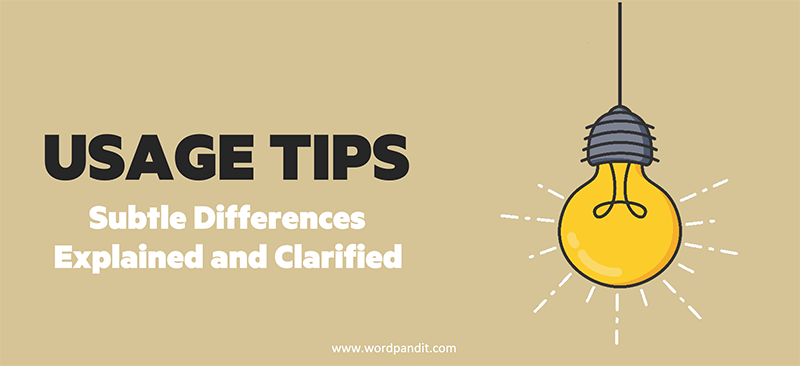Creak is a reference to a particular kind of grating or squeaking sound: “We could hear the door creak when the robber tried to enter the house.”
Creek is a very small stream which is often a shallow or intermittent tributary to a river: “We spend many a childhood weekend at the creek near our city, playing in the waters whenever there were rains.”
Down by the creek was an old house and we noticed that when the door was opened, it seemed to creak as if it hadn’t been opened in a long time.






